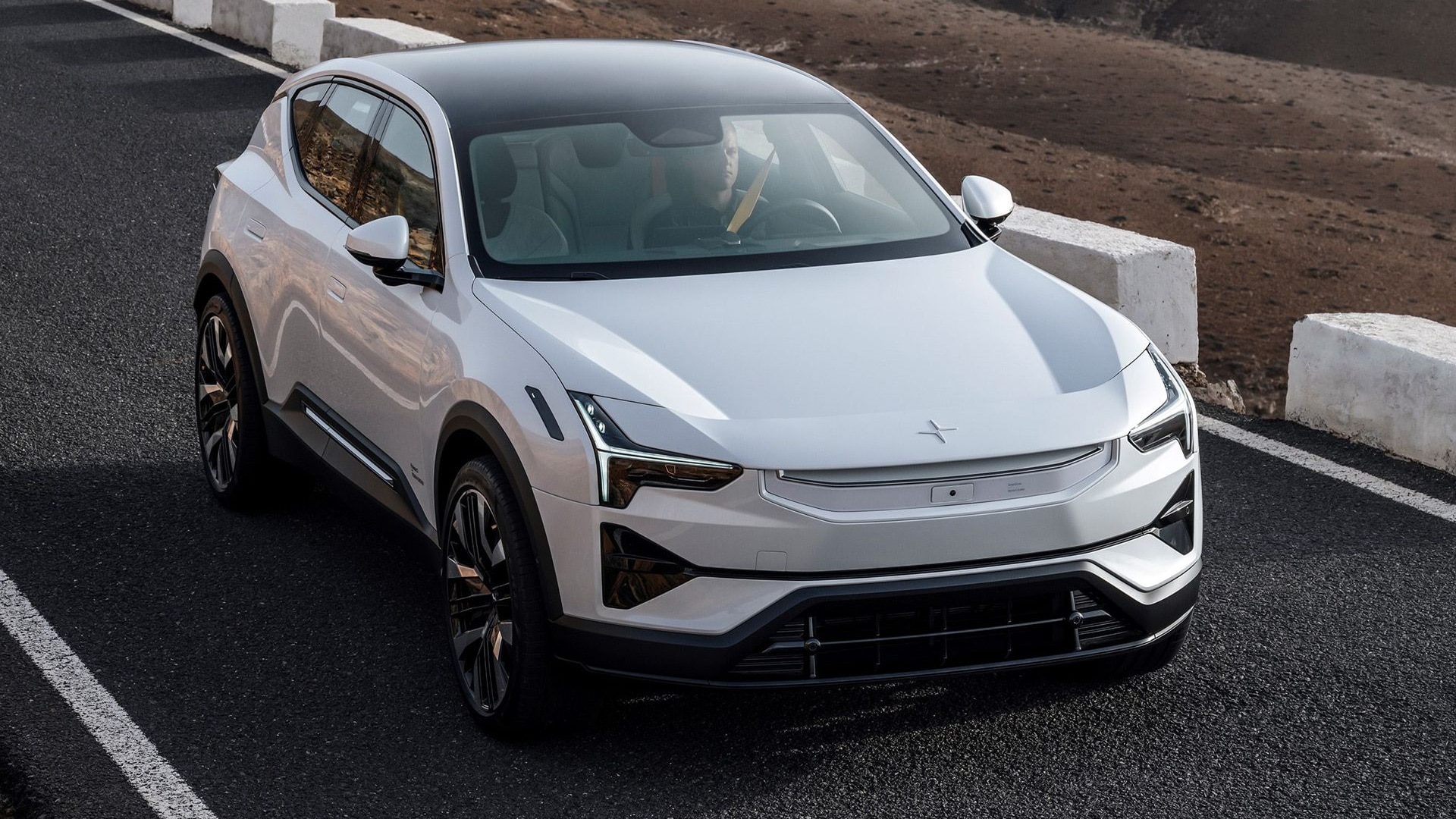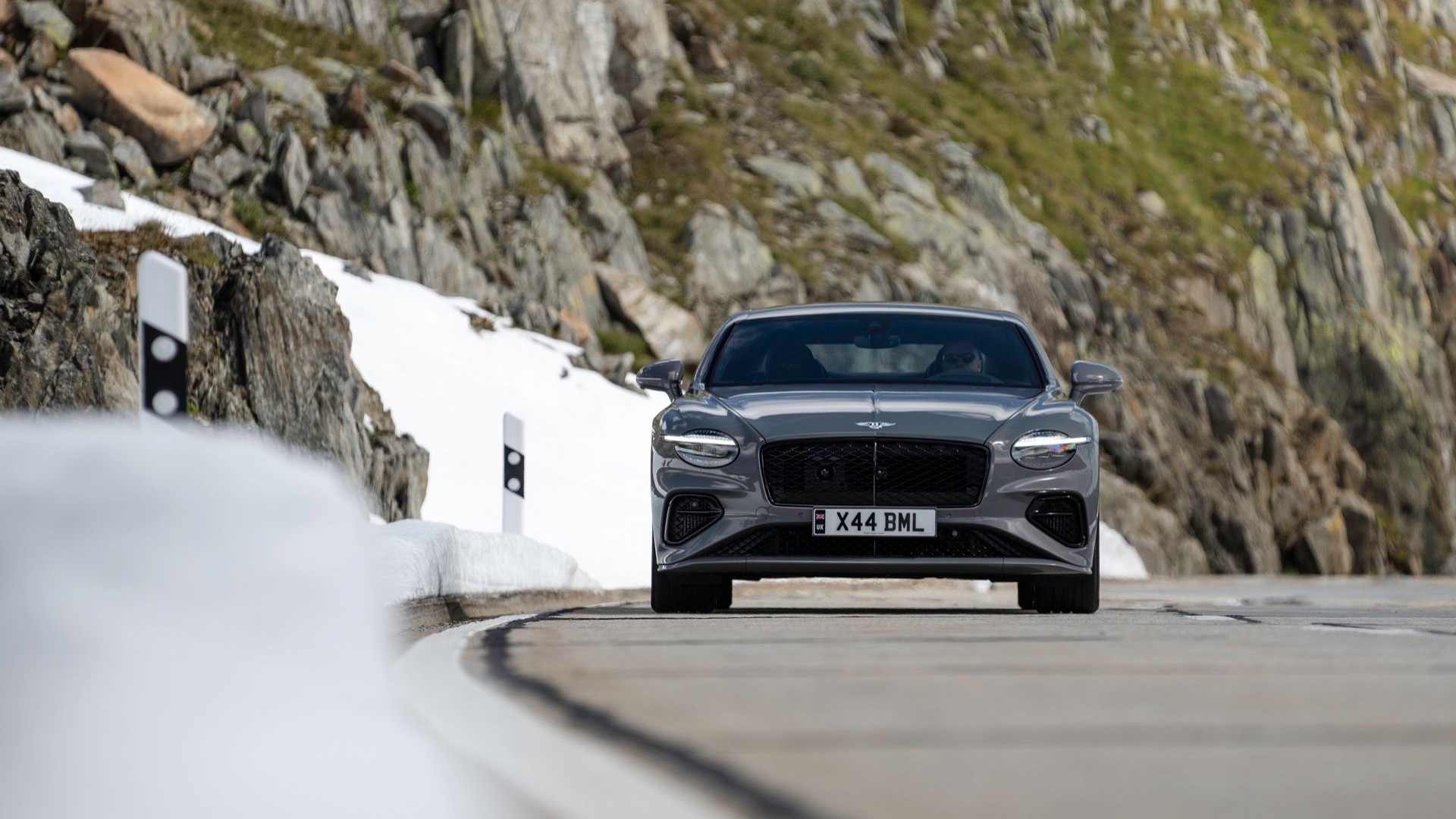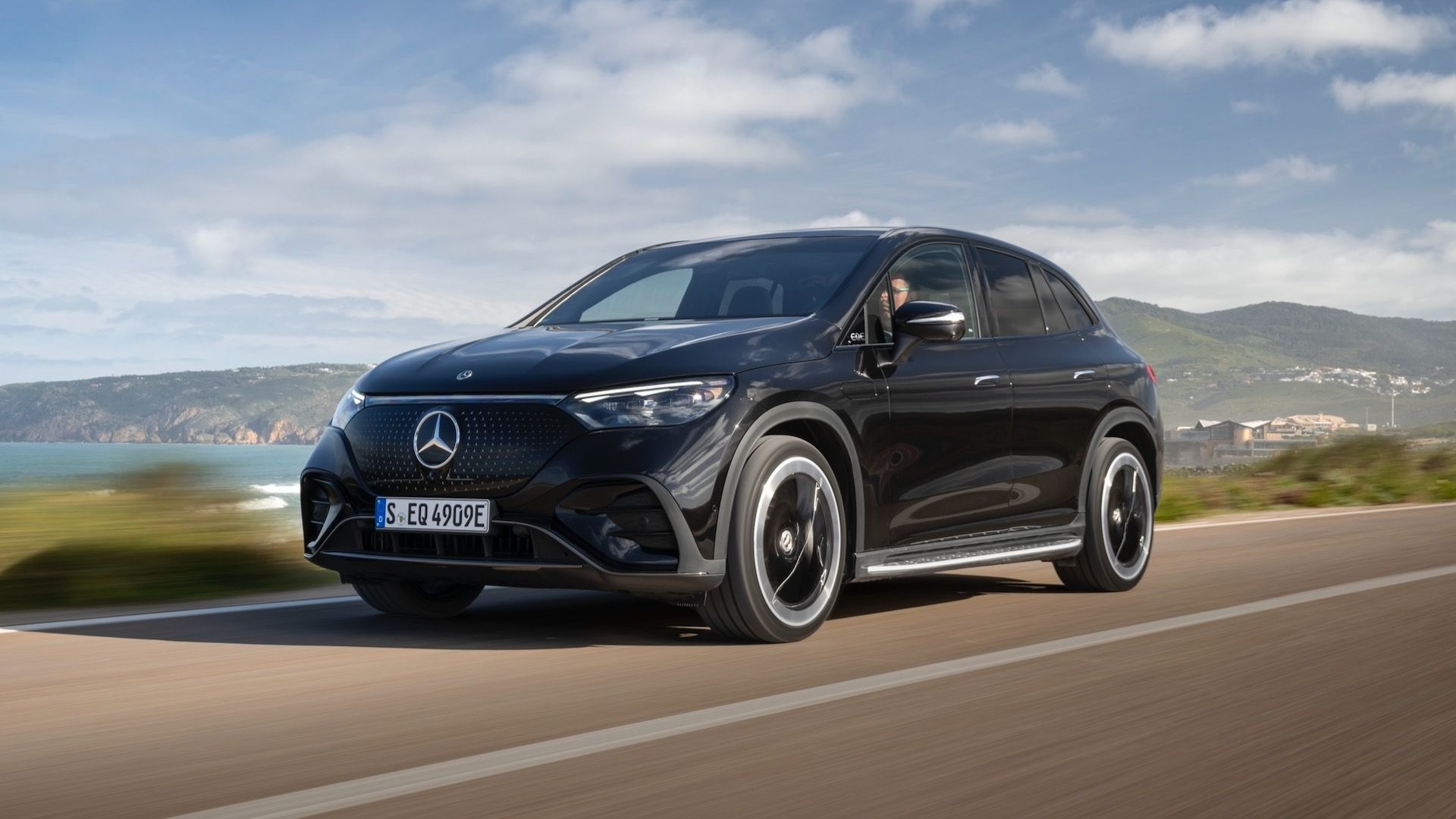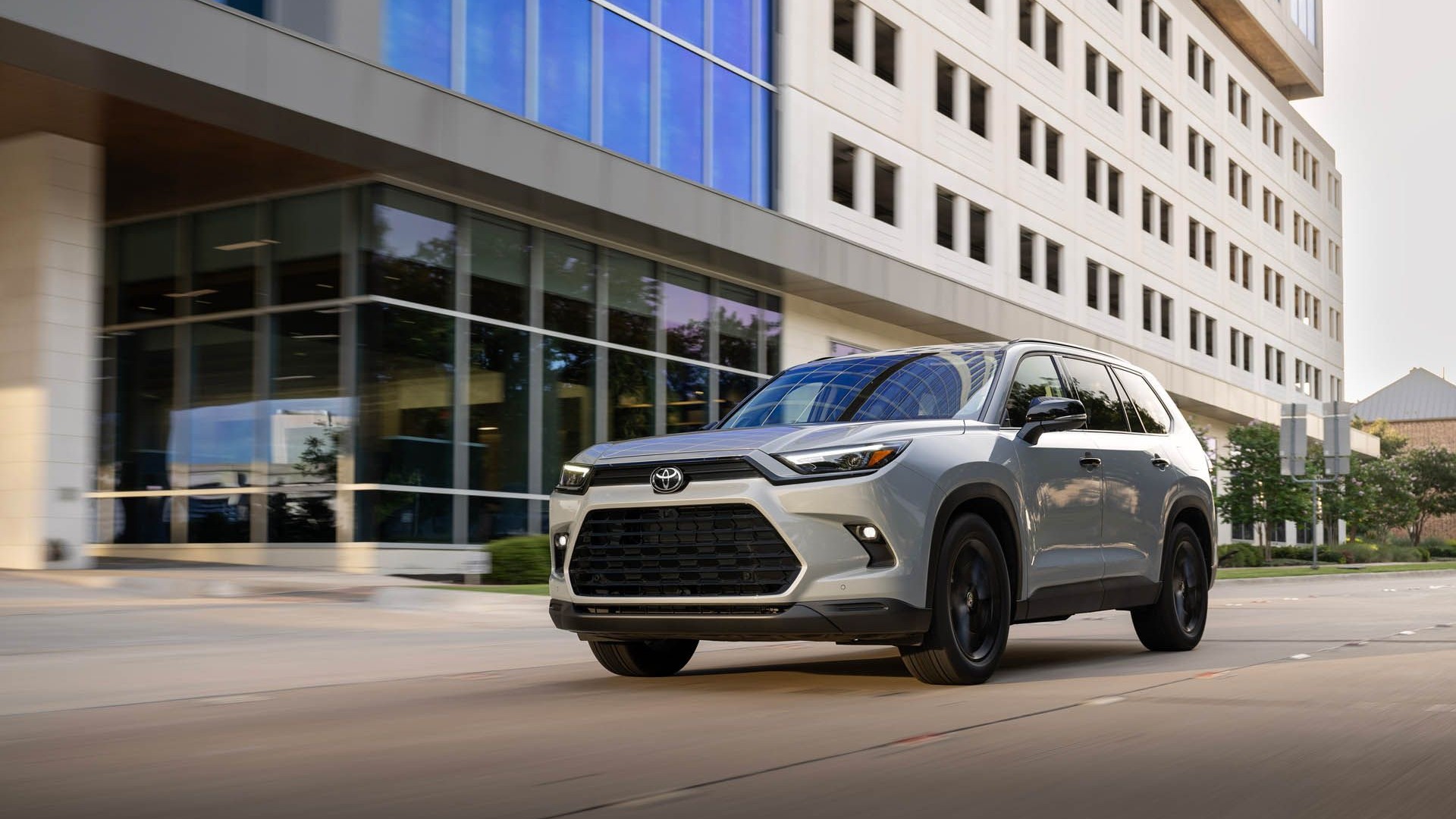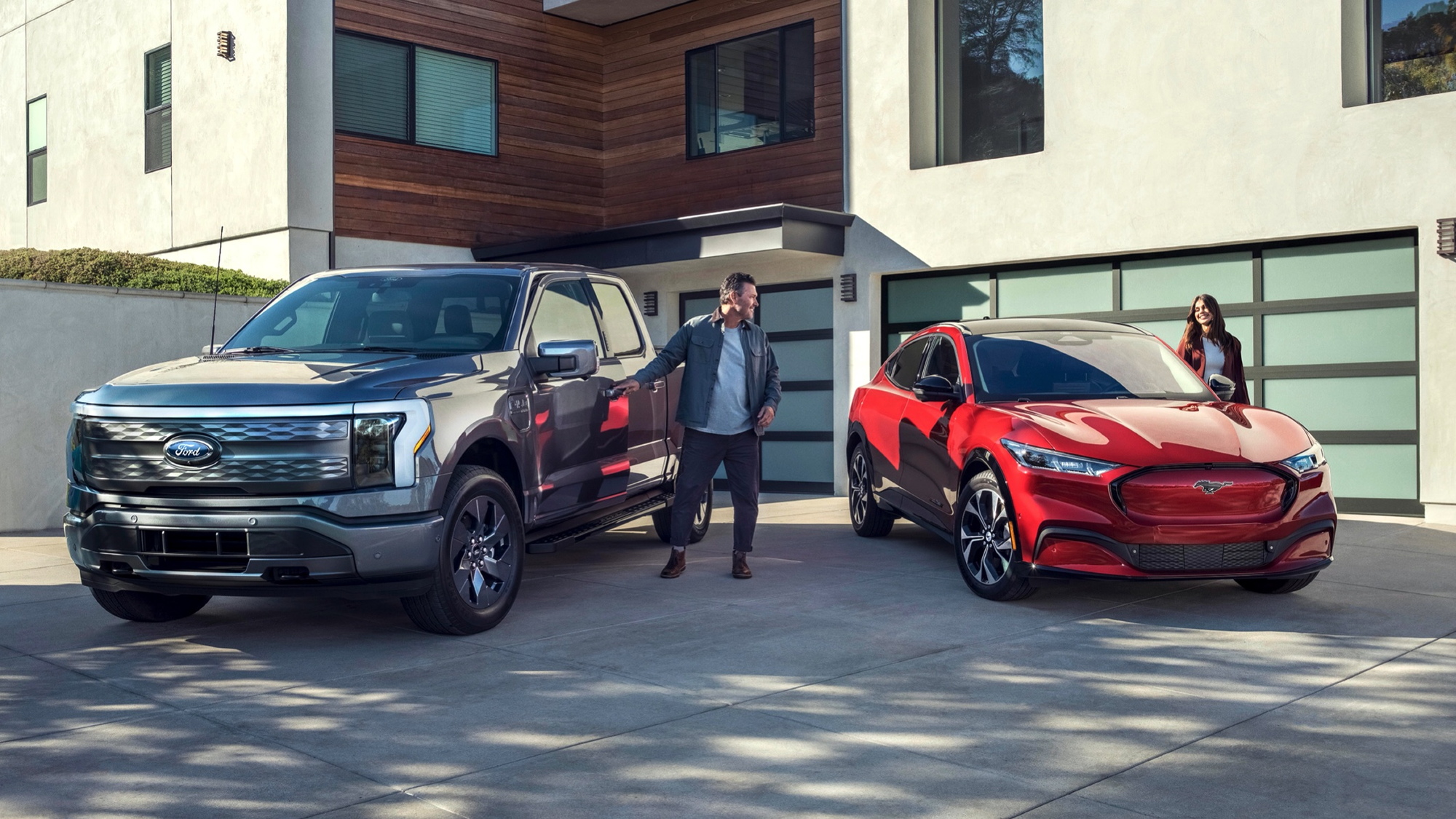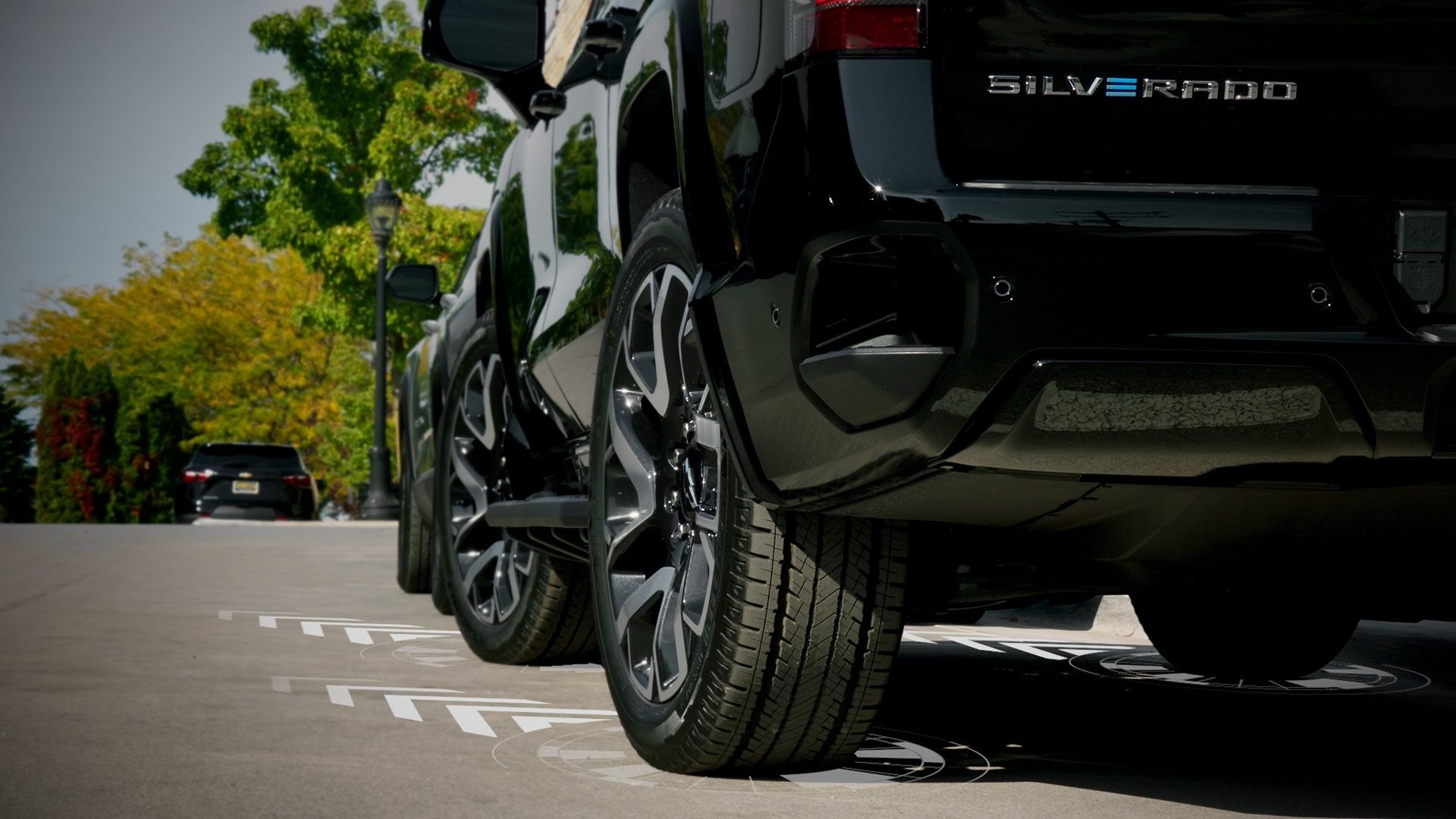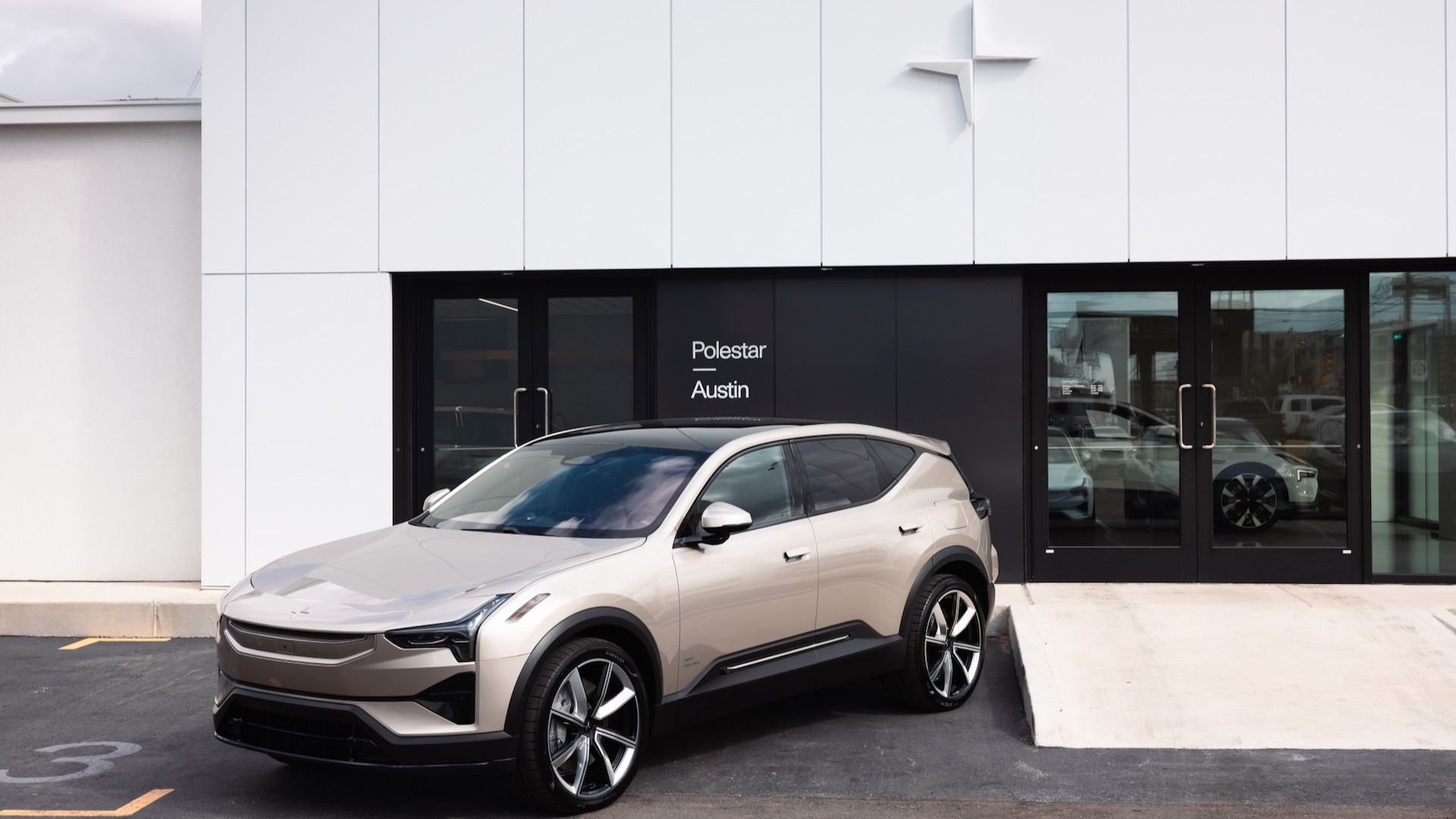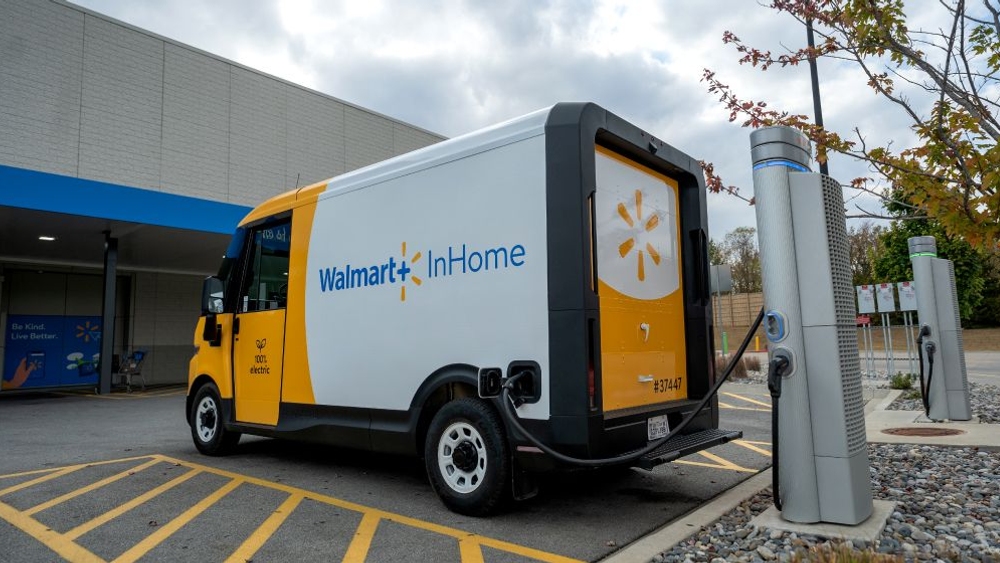Behind our backs, Toyota has conducted studies on the Prius hybrid. Three years ago, they stuffed lithium-ion packs in the Prius and put these vehicles through the rigors. Tests likely included durability evaluation, costs, maintenance issues, and so on. The results of the testing are in, and Toyota has decided in favor of keeping NiMH batteries rather than switching to the more advanced li-ion technology in upcoming hybrid models.
According to Jana Hartline, a spokesperson for Toyota, the testing of lithium-ion battery packs in Priuses concluded last month. The secretive study included 126 converted Priuses on the roads in Japan, Europe, and the U.S. The company has been conducting secretive testing over the last three years. Additional details about the program including why Toyota choose to stay with NiMH batteries have not been disclosed at this time.
Though Toyota, along with many other automakers have introduced several vehicles with lithium-ion battery packs, a senior engineer at the company does not see lithium-ion's advantages outweighing the extra cost. Kazuo Tojima, senior staff engineer for batteries at Toyota said, "While Toyota’s lithium batteries performed well and yielded “small” fuel-economygains due to lighter weight, nickel will remain the material of choice for conventional, mass-market hybrids as lithium’s benefits didn’t justify the higher cost." Tojima went on to confirm that their testing did show lithium-ion batteries to be durable, stable, and safe.
Toyota's testing was extensive. According to the president of Advanced Automotive Batteries, a consulting firm, "The tests appear to be among the most thorough done by companies planning to introduce batteries." He went on to state, "We now know that a lithium-ion battery can work; that's not really the question. Cost is critical, and we still don't know enough about long-term durability."
The Toyota testing is surely but one example of many ongoing tests of lithium-ion battery packs. Several automakers have chosen li-ion as their only choice for advanced vehicles yet the technology remains costly and unproven. As prices drop and long term durability is confirmed, it is assumed that most companies will switch from NiMH to Li-Ion, but for now Toyota is content with their existing technology.
Source: Bloomberg
